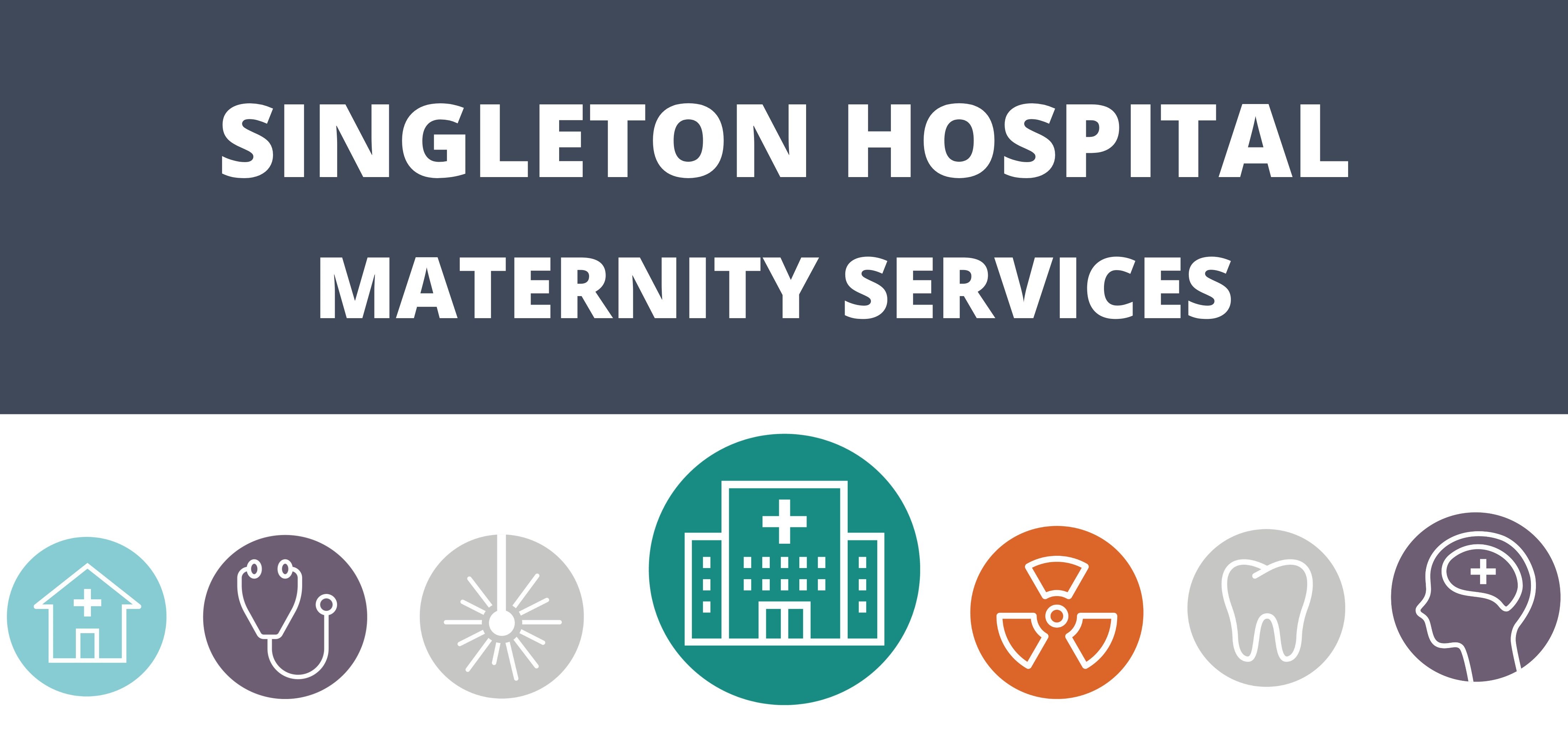Maternity services at Singleton Hospital are improving but issues remain
Healthcare Inspectorate Wales (HIW) has issued a report (31 July) following an inspection of the maternity unit at Singleton Hospital in Swansea.

During a previous inspection in September last year, inspectors identified several patient safety concerns, and an immediate improvement notice was issued to Swansea Bay University Health Board. Due to the significance and number of risks identified, HIW undertook a further follow-up inspection in April 2024. The follow-up inspection took place over three consecutive days focusing on multiple wards within the unit, including the labour and postnatal wards, surgical theatres, Bay Birthing Unit and the Antenatal Assessment Units.
Whilst inspectors found significant improvements to the service since our last inspection, some challenges remain, and further improvement is required to ensure women and birthing people are consistently receiving an acceptable standard of care. Despite significant improvements to staff resourcing across the unit, inspectors remained concerned over safe staffing levels within the Antenatal Assessment Unit, where immediate assurance was sought.
Overall, inspectors found staff were working hard to provide women and birthing people, and their families, with a positive experience despite the sustained pressures on the unit. During the inspection, staff shared their concerns for patient care due to the increased use of agency staff, and a lack of appropriate skill mix within the unit. Immediate assurance was sought following concerns around the Antenatal Assessment Unit due to low staffing levels and the inadequacy of processes in place. This included a lack of training for staff triaging calls and providing information to patients. It was also of concern that the staffing levels in the Transitional Care Unit did not meet British Association of Perinatal Medicine (BAPM) guidance.
When asked, midwifery staff told us that they did not always have access to essential medical equipment to provide sufficient care to patients. This view also came across strongly in our staff survey, whereby only half of respondents said they had access to adequate equipment. Some issues identified during the inspection were resolved swiftly and changes implemented immediately. It was also noted that there were inadequacies in the design of the form for checking resuscitative equipment, which did not allow for sufficient information to be captured about faults or missing items. During the inspection this checking process was amended, and comprehensive forms were introduced for recording checks. During the first night of inspection, it was concerning to see the emergency trolley within the Transitional Care Unit was not readily available. However, this was discussed with unit staff and was quickly resolved during the inspection.
It was positive to see a variety of initiatives to support women and staff, including a specialist safeguarding and mental health midwife in post. Overall, the unit was clean and free of clutter, and displayed “You Said We Did” information detailing how concerns and comments have been used to develop and improve the service. Inspectors reviewed information displays and saw that not all information displayed was available bilingually. The health board must improve displays to ensure that Welsh language is promoted as part of the active offer.
There had been significant improvement with the rate of mandatory training since the previous inspection of the unit. It was noted there was a training focus on diversity and equality awareness, and staff members shared examples of supporting people with protected characteristics under the Equality Act (2010) to communicate effectively and aid access to services.
There was effective multidisciplinary team working and appropriate governance arrangements in place to ensure incidents were monitored and addressed. However, some staff told us that they felt there were insufficient opportunities for them to feedback to senior leadership teams. It would be useful for leaders to formalise and better communicate opportunities and mechanisms for staff members to provide feedback and improvements.
There were defined systems and processes in place to ensure that the maternity unit focussed on continuously improving its services. Overall, we found the standard of record keeping was adequate, with care plans well documented between multidisciplinary teams. We did note issues in some records, including signatures missing or being difficult to read. On review of patient records, we also saw that discussions around labour birth pain relief and feeding choices were not always well documented. We were concerned to hear further feedback from women in relation to delays administering pain medication, which was also reported during our previous inspection. The health board must monitor, review and act upon feedback to avoid such delays.
After a period of instability in leadership it was pleasing to see a stable leadership structure was emerging. Most ward staff we spoke to indicated that their input and ideas for change are valued by senior managers. Many midwives and doctors that we spoke with told us that they felt that the culture on the wards was positive, and morale had improved. However, some staff told us that they did not always have confidence that action will be taken on concerns that have been escalated.
HIW has continued to work closely with the health board since the inspection and has received a comprehensive improvement plan which aims to address the issues identified during the current and previous inspection.
Chief Executive of Healthcare Inspectorate Wales, Alun Jones said:
Our work has highlighted sustained challenges within the maternity services at Swansea Bay University Health Board. Whilst improvements were identified during our return inspection, further action is required. I hope this report will accelerate the measures taken to drive forward timely improvements not only patients, but for staff within the maternity unit. We will be working with the health board to ensure robust improvements are made and evidenced.
April 2024 - Maternity Services Inspection Report - Singleton Hospital